
Kaizer Chiefs turn attention to Betway Premiership after CAF exit
Kaizer Chiefs will now turn their attention to the Betway Premiership where they will aim for a first title since the 2014/15 season.
MONDAY, 16 FEBRUARY 2026, 15:41

Kaizer Chiefs will now turn their attention to the Betway Premiership where they will aim for a first title since the 2014/15 season.
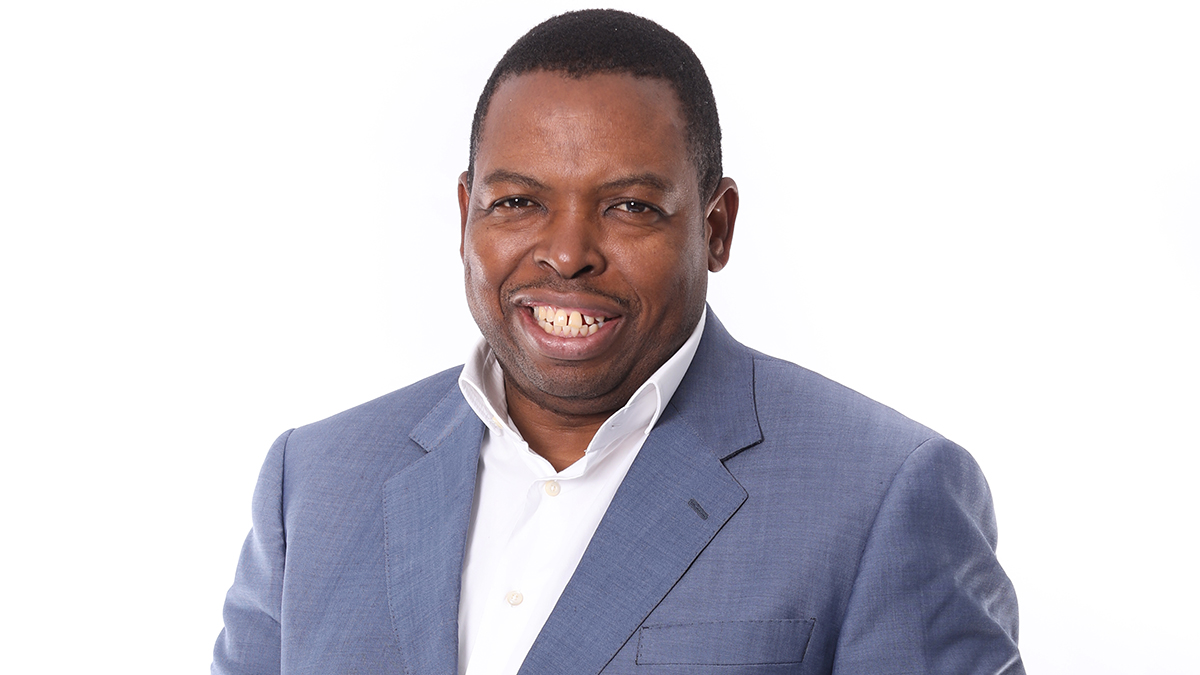
JSE-listed Telkom announces the CEO’s retirement, saying Hasnain Motlekar will serve as acting chief executive, effective 1 March.
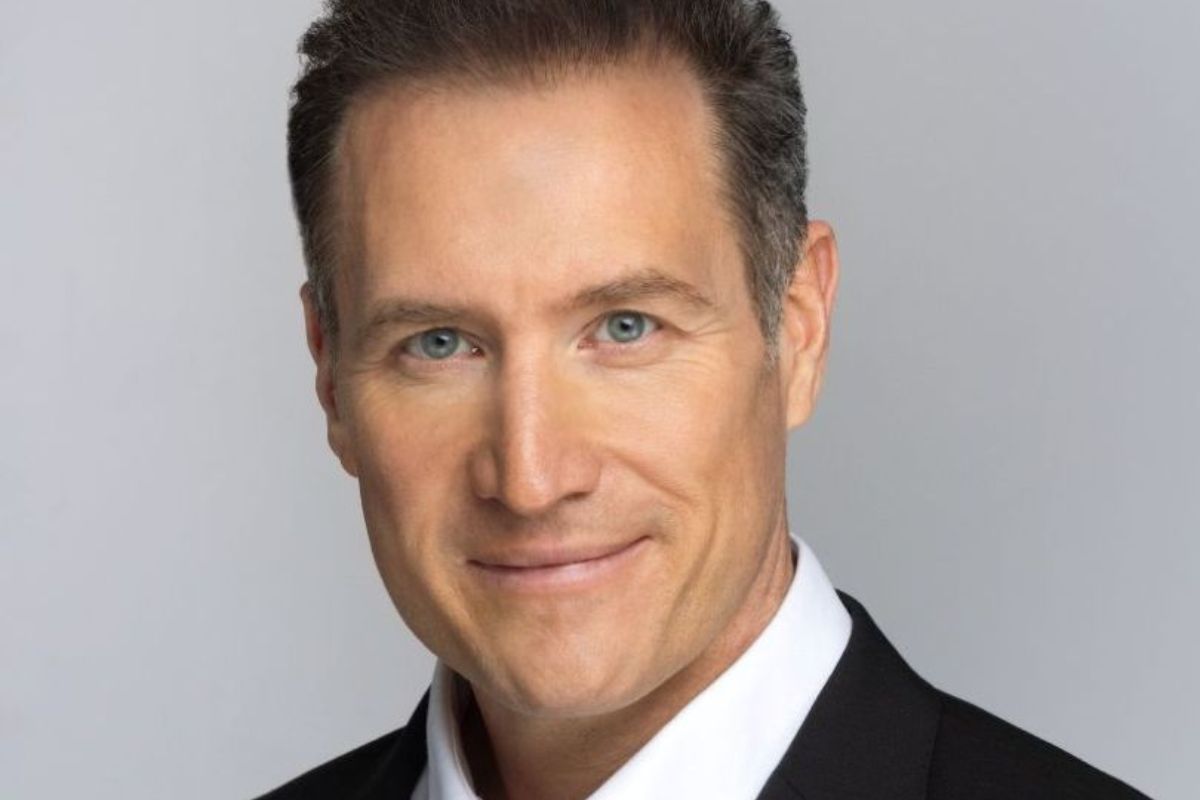
Dual-qualified solicitor Adam Mitchell advises South Africans in England on protecting complex cross-border wealth in family law disputes.

Sibiya has been linked to murder accused Vusimuzi ‘Cat’ Matlala by witnesses including Witness F.
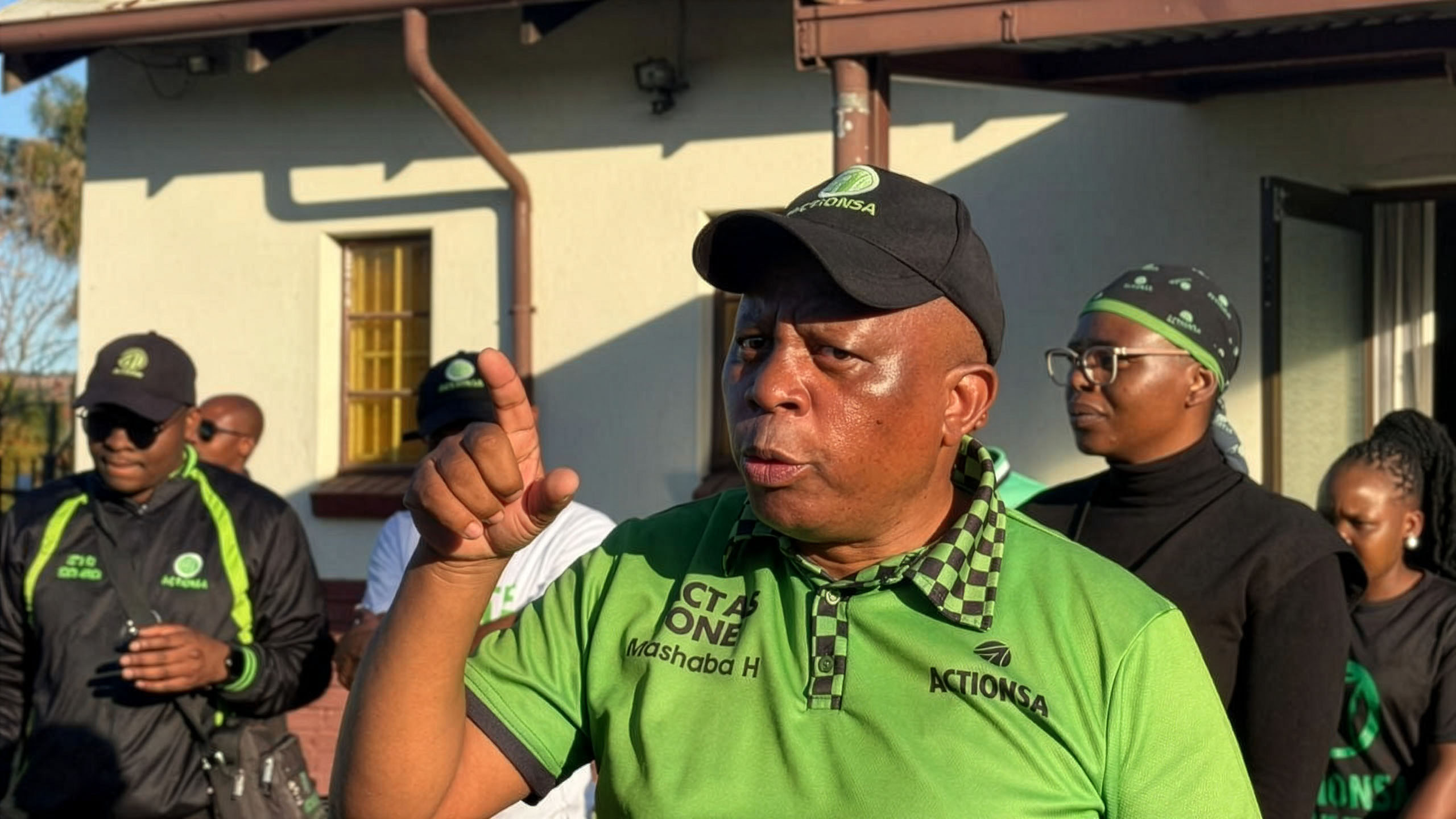
ActionSA has confirmed that its leader is among five shortlisted candidates to lead the party’s 2026 Johannesburg mayoral campaign, with a final decision expected on 21 February
Keyuren Maharaj developed the CityMenderSA app to track infrastructure issues.
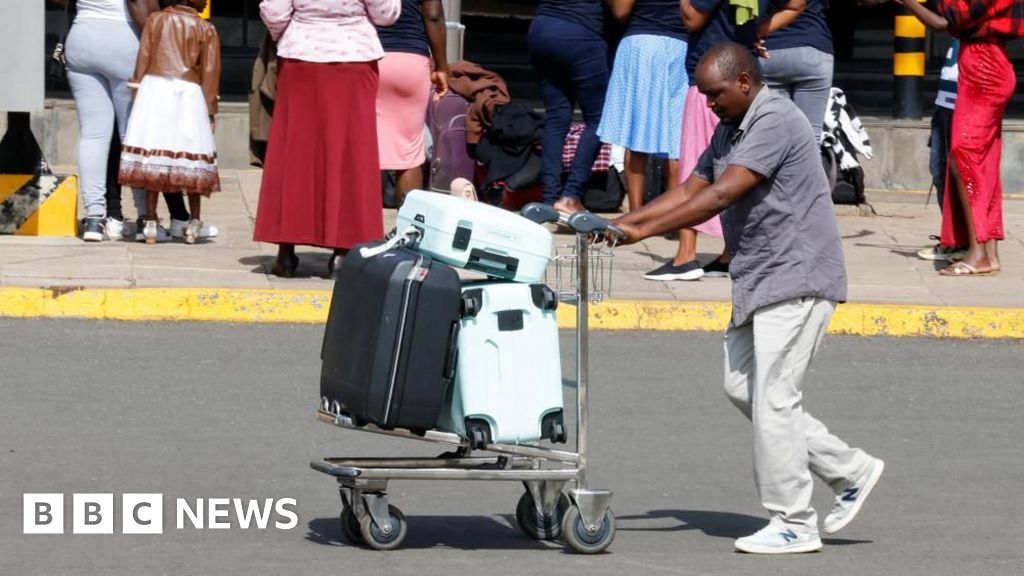
Authorities say they have put in place contingency measures as a labour dispute affects travel.

Krispy Kreme brings back a beloved SA classic with limited-edition Choc O Magic doughnut collab.
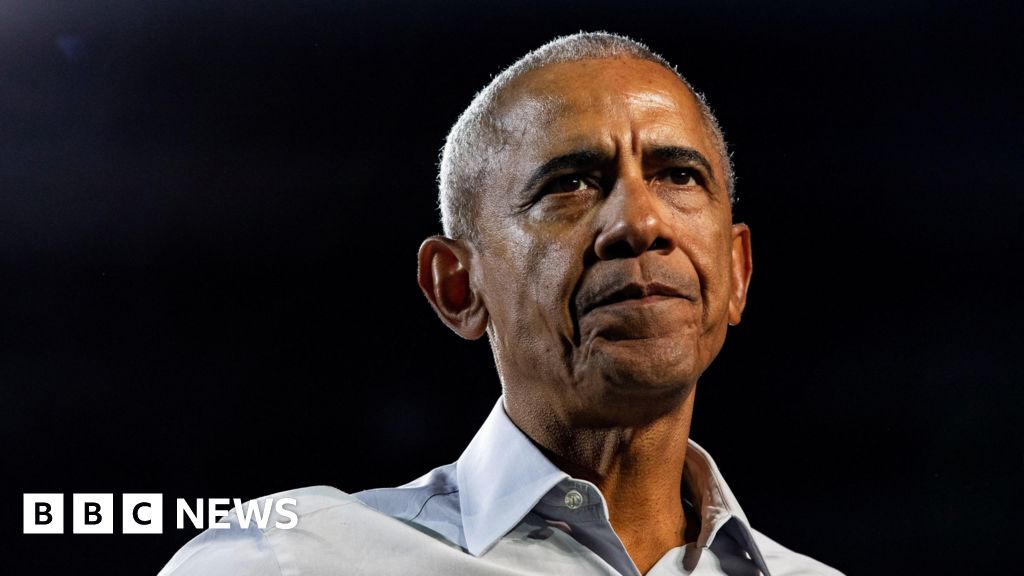
Former US President Barack Obama says he has seen no evidence extra-terrestrials have made contact with Earth.

Popular television presenter steps into new chapter on national breakfast television

MC Alger’s continental disappointment has sparked questions about Rulani Mokwena’s job security, even with the league title within reach.
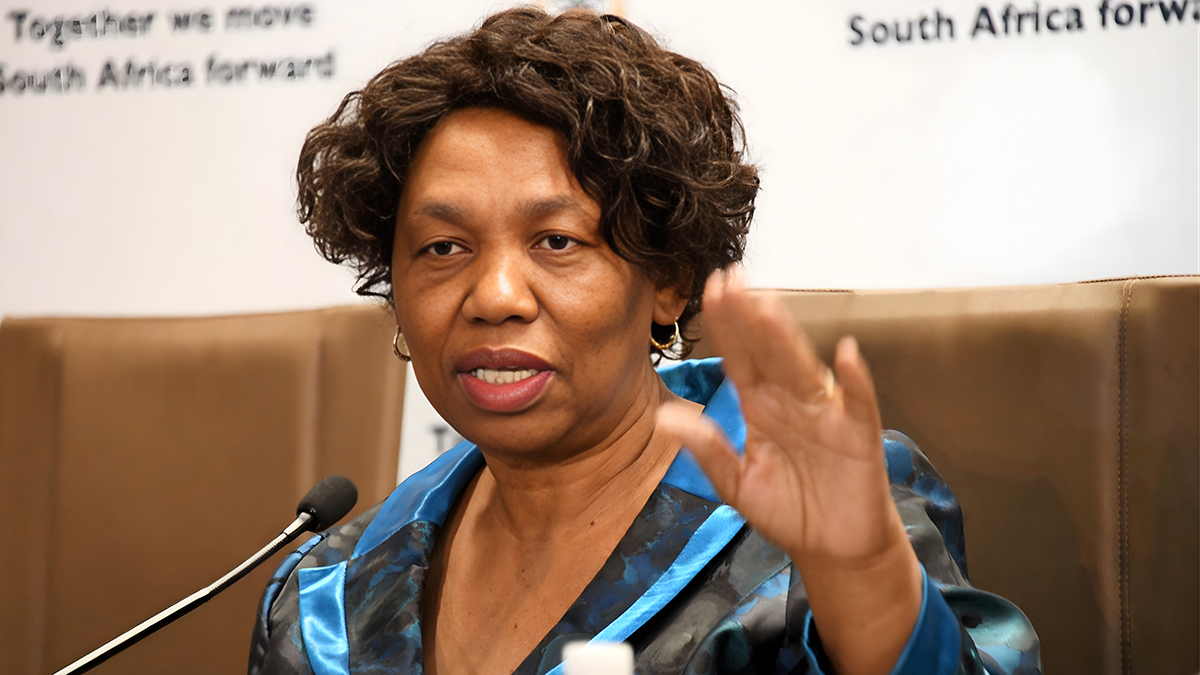
State-aligned cyber actors escalate operations globally, while South Africa’s underfunded defences leave critical infrastructure vulnerable to attack.

The Lions, meanwhile, sit second and, with two home games to come, have an opportunity to improve on their best-ever third-place finish in the shield.

Google says South Africans have moved away from experimenting with AI to using it as an everyday tool
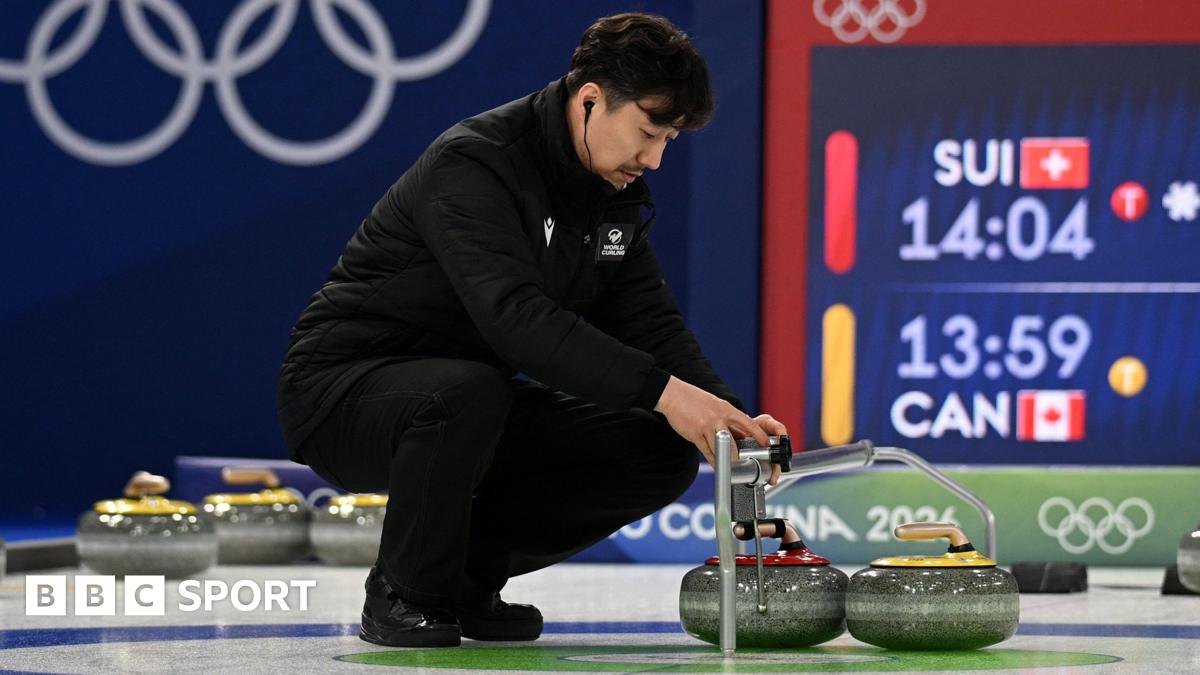
It’s been quite the few days in the Cortina Curling Stadium during a Winter Olympics that has delivered intrigue and excitement both on and off the field of play.

Unite said workers had been left in the dark over their furtures after the craft beer firm announced plans to explore new investment.

In his weekly letter, Ramaphosa says 1.3 million education assistants are employed at 19 000 schools

In hacker spaces and at their homes, creative protesters are laser-cutting and 3D-printing tools to resist an occupation.